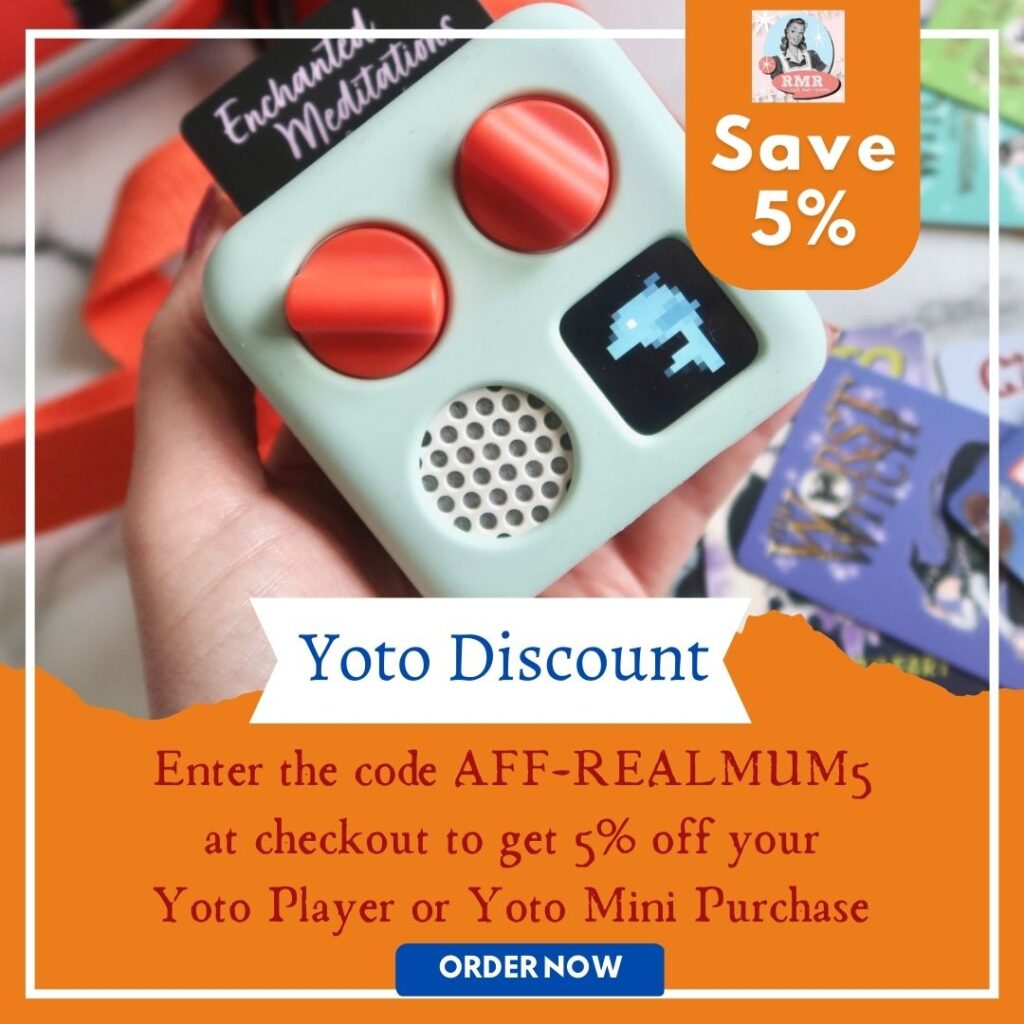This is a collaborative post
For many households, a family isn’t complete without a pet. A dog is a great option, whether you have children or not. But before you can get a dog or a puppy, you should consider your family’s needs and circumstances to make sure that it’s a good fit.
Here are some things to consider before getting a family dog.
Benefits of a Dog
People choose to get a dog for a variety of reasons, but the important thing is to realise that a dog is a commitment. While getting a dog as a gift isn’t necessarily a bad idea, you have to be sure that the recipient is prepared and willing to take on the responsibility of a dog. Yes, puppies are cute, but they’re also living beings.
With this in mind, there are some clear benefits of owning a dog. For starters, a dog can be a great companion, both for adults and children. If you have children, then looking after a dog can be an excellent way for them to learn responsibility, but always make sure that the dog is cared for at the end of the day.
This companionship is great for your mental health, as a dog can help you when you’re feeling lonely and give you a reason to get out of the house. Dogs are also good for your physical health. Walking a dog is a brilliant way to get yourself moving as well, and it encourages you to go outside.
Not only this, but owning a dog is proven to have a beneficial effect on your immune system. Dogs might not be the most hygienic animals in the world, but they can expose you and your children to bacteria that actually train and strengthen your immune system, helping you to better fight off bugs.
Rescue Dogs or Puppies?
When you’re planning on getting a dog, you have the option between picking a rescue dog or getting a puppy from a breeder. Getting a rescue dog can be incredibly rewarding, which is why a lot of people encourage hopeful dog owners to adopt rather than buy a puppy.
However, adopting a rescue dog isn’t as simple as you might think. While many rescue dogs are trained and have nice natures, some have more complex needs. It’s common for rescue dogs to have separation anxiety or other issues, and if the dog was abused in the past, it might need specialised care and training.
If you have children, then adopting a rescue dog might not be ideal for your family. Some shelters won’t even let you adopt unless you’re able to give the dog specialised care. While adopting a dog is a great thing for you and the dog, sometimes getting a puppy is the better option.
When you get a puppy, you’re in control of the dog’s training from an early age. This can be a double-edged sword. It does mean that you have to housetrain the dog, as well as train it to obey and be safe. But while this means extra work, you can ensure that your puppy grows up to be a safe and friendly dog.
Puppies are expensive, and you have to be careful about where you get the puppy. Always get your puppies from a reputable source, like this breeder. Good breeders will make sure that their puppies are healthy and will even start training them. The parents of the puppies should be health checked and DNA clear of any congenital issues.
When buying a puppy, arrange to see the puppy before you buy, ideally with the mother and in its home. This will allow you to get a better grasp of the puppy’s early life and whether it has been bred responsibly.

The Right Breed
If you decide to get a puppy, then you also have more control over what breed of dog you have. True, you can pick a specific breed from a shelter, but you may find that the rescue dog isn’t a purebred. Mixed breeds can be healthier and live longer than purebred dogs, but they introduce a measure of unpredictability.
When planning to get a puppy, think about the breed of the dog and its needs. Every breed is different, and some are less suitable for families with children. Also, remember that your puppy won’t stay as small as it is. Some breeds grow into huge dogs, which need a lot of space and exercise.
Pick the dog for the lifestyle that you want to lead. If you get a large, intelligent, active breed that is used for working, then you need to keep it exercised and engaged. A bored and stir-crazy dog can get stressed, which can lead to bad behaviour. This can even be dangerous.
As well as researching the dog’s needs, you should also research any potential health problems that might crop up. Even if your puppy is DNA clear, it can still be at higher risk of developing certain health problems. If you know the risks, then you can spot the early signs of trouble.
The breed of your dog isn’t the most important thing, but it is near the top of the list. The breed will determine your dog’s temperament, size, energy levels, intelligence, and other factors. It’s not an exact science, but you do have a better idea of what kind of dog you will get if you pick the breed carefully.
Caring For the Dog
Owning a dog doesn’t end with buying a puppy and leaving it there. Caring for a dog is a huge responsibility and can drain your time, energy, and money. First, think about how much the dog will cost. Buying a puppy is already an expensive process, but you also need to be able to afford to look after its daily needs.
This means buying high-quality puppy and dog food to keep it healthy, as well as toys and treats to keep your puppy happy and entertained. You also need to pay for vet bills and get your puppy vaccinated to protect it from illnesses.
As well as these essentials, you will need other puppy and dog related paraphernalia. A dog bed or crate is a good start, as well as leads, collars, and harnesses so that you can walk your dog safely.
Caring for your dog doesn’t just mean buying things for it either. You need to spend time with your dog, especially as a puppy. Puppies require a lot of supervision, as they have a tendency to explore the world through their mouths, razor-sharp teeth included. Make sure they don’t chew or eat anything that they shouldn’t, both for their health and the health of your belongings.
You should spend some of this time training your dog. Start out with the basics, such as house-training and obedience training. This makes sure that your dog goes outside for its business, and it makes sure that you can safely control your dog.
As a puppy, your dog will have a lower attention span, so keep training sessions short and sweet, as this prevents them from getting bored. It’s much easier to train a dog who enjoys training. If you’re struggling with training, then get your dog to obedience training classes.
If you train your dog and give it the time it needs, then you will raise a healthy, happy, and well-adjusted companion who will stay with your family for years to come.






